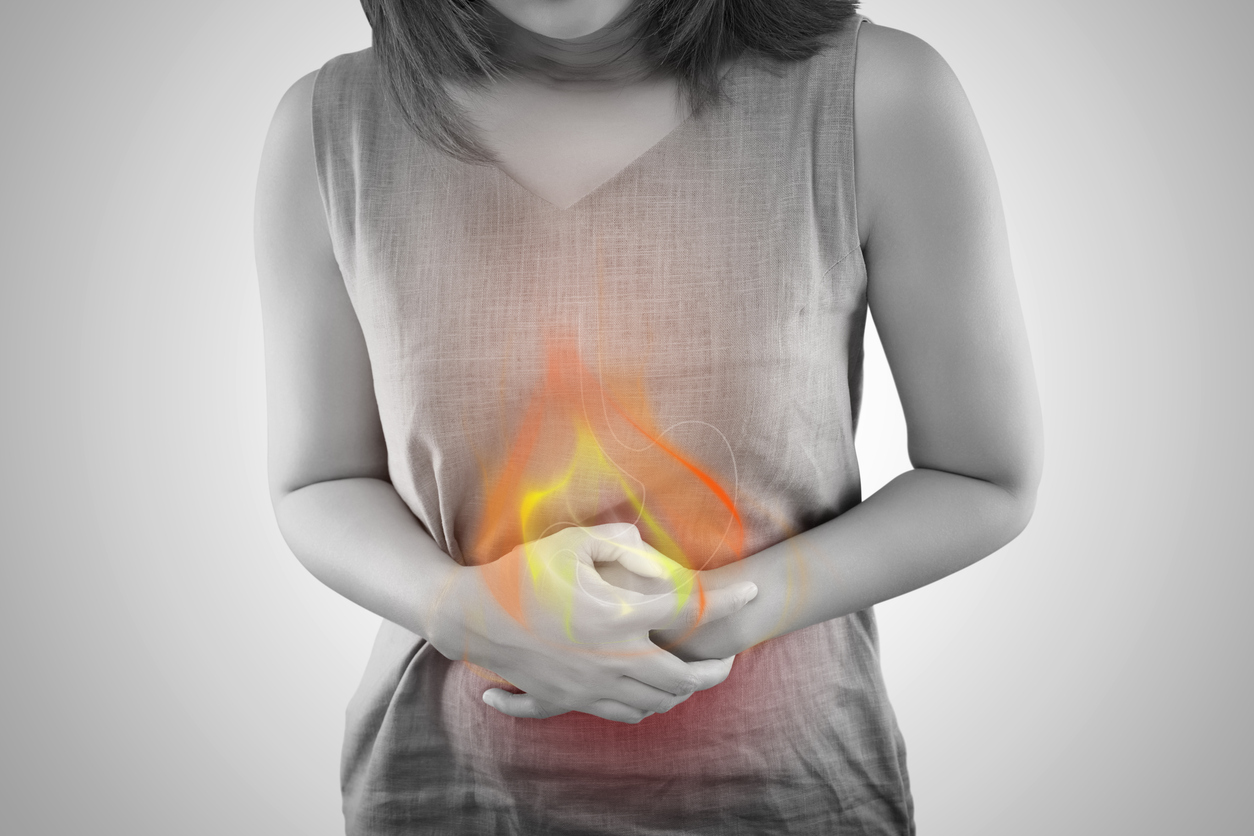PCOS affects nearly 100 million women in India alone. However, nearly 70% of them go undiagnosed or do not receive proper treatment. This is mostly due to lack of awareness and also because a woman’s health is largely neglected in our society. PCOS is a chronic condition with no cure per se, but it’s symptoms can be completely managed with lifestyle modifications and medications.
One of the reasons why PCOS is so complex is because there is no one type of PCOS. Each person will present with a different set of symptoms, varied hormone imbalances, and health risks.
So experts have categorised PCOS into “types” based on certain criteria. But even these can be a little confusing. These types of PCOS have been categorised into 4 main groups, based on clinical signs and symptoms. The purpose of these types is to better predict potential health risks as well as to determine your overall treatment plan.
Treating PCOS
Since it is difficult to target a particular cause of PCOS, it is best tackled with the help of a sustainably healthy and well-balanced lifestyle. Weight loss can help you control your symptoms significantly and help you regularise your periods too. However, if you understand the type of PCOS you have, it can be easier to target and treat it.
Now the question arises – There are types of PCOS? And if yes, how do I know which one I have?
Yes – there are different types of PCOS based on how it affects your body. Although there is not a lot of research to understand each type and if it is right to categorise PCOS strictly under these categories, regardless these types can help you and your healthcare provider help understand the root cause better.
There are four types of PCOS and here is how it can make a significant contribution to your treatment plan:
Insulin-resistant PCOS:
Almost 70% of women with PCOS deal with this type of PCOS. Women with PCOS often experience elevated levels of insulin than others. This can happen if the cells of our body become resistant to the effects of insulin. This can cause our pancreas to pump out more insulin so that the cells can notice it. And this can ultimately cause you to gain weight or make it difficult for you to lose weight. Higher levels of insulin can cause more issues such as higher levels of male hormones and even hirsutism.
Your healthcare provider can run a few tests that will evaluate your HbA1c or glucose levels – to give a brief idea of how your body treats insulin in general.
This type of PCOS can be treated or controlled by improving the sensitivity of your cells towards insulin. This can be done by:
1. Performing any type of physical activity that you like. This can help your body to burn the sugar and calories
2. Being mindful and avoiding foods that are high in sugar content – to move from a carbohydrate rich diet towards a more well-balanced diet.
3. Focusing on getting quality sleep each night and practising stress management techniques
Adrenal PCOS:
Around 10% of those diagnosed with this type of PCOS have an abnormal stress response. The levels of DHEA-S (another androgen produced by the adrenal glands) are usually raised alone, and the levels of testosterone and androstenedione are usually in the normal range. Unfortunately, this type of androgen isn’t usually tested unless you visit an endocrinologist or other specialist.
1. Stress can be reduced through activities such as yoga, meditation, mindfulness, and journaling that support your nervous system and hormones.
2. Make sure you’re sleeping at least eight hours a night to help with your stress levels and recovery.
3. Don’t train excessively or with high intensity, as this can put further stress on your adrenal glands.
4. Limit caffeine intake from coffee, tea, and fizzy drinks.
5. The adrenal glands and nervous system are also supported by nutrients such as magnesium, vitamin B5 and vitamin C. Talking to a professional will help you determine which supplements to take and what dosage is appropriate, especially when it comes to herbal supplements.
Inflammatory PCOS:
Chronic inflammation of the ovaries causes excessive testosterone production, resulting in physical symptoms and difficulties ovulating. There are several signs of inflammation in this form of PCOS, such as headaches, joint pain, fatigue, skin disorders like eczema and bowel disorders like IBS. Inflammatory markers will usually be seen on a blood test, such as a high CRP (C reactive protein) above 5. Several other tests, such as fasting glucose and insulin, are usually within normal limits, but can sometimes be affected by inflammation.
1. In order to address inflammation, it is vital to address potential food sensitivities and remove inflammatory foods. The best way to figure out which foods are causing inflammation is to work with a nutritionist who can help you with this.
2. This type of PCOS can be supported by natural anti-inflammatories such as turmeric, omega 3 fatty acids, and green leafy vegetables.
Post-pill PCOS:
Some people get post-pill PCOS after they stop taking the oral contraceptive pill. In this type, acne, irregular periods, and excess hair growth did not exist prior to the pill being taken. As a result of the type of progestins used in oral contraceptives; there is a high incidence of this type of PCOS. Coming off the pill throws off the ovaries and leads to a natural increase in androgens that can cause PCOS symptoms, but it does not cause insulin resistance. This type takes some time to recover on its own, but can be improved with the right nutrition, lifestyle changes, supplements, or herbal medicine support.
1. It may take some time for this type to reverse, but remember that this is just a temporary situation.
2. Supporting ovulation and decreasing excess androgens can be achieved by supplementing with magnesium, vitamin E, vitamin B6, zinc, and herbs.
3. As with insulin resistance PCOS, a good night’s sleep, as well as a reduction of stress levels, can help support overall hormonal balance.
The complexity of PCOS can be defined well with how every woman experiences it differently. The hormonal imbalance can cause a range of symptoms that show up in different degrees and varied extents in women with PCOS. The common signs and symptoms of PCOS are irregular periods, aggressive acne, excessive growth of hair – hirsutism, loss or thinning of hair – alopecia, weight management issues and hyperpigmentation.
Disclaimer: Content on Veera is provided for informational purposes only and is not intended as medical advice, or as a substitute for medical advice given by a physician



















